12 Books That Jeff Bezos Thinks Everyone Should Read
'The Remains of the Day' by Kazuo Ishiguro

'Sam Walton: Made in America' by Sam Walton
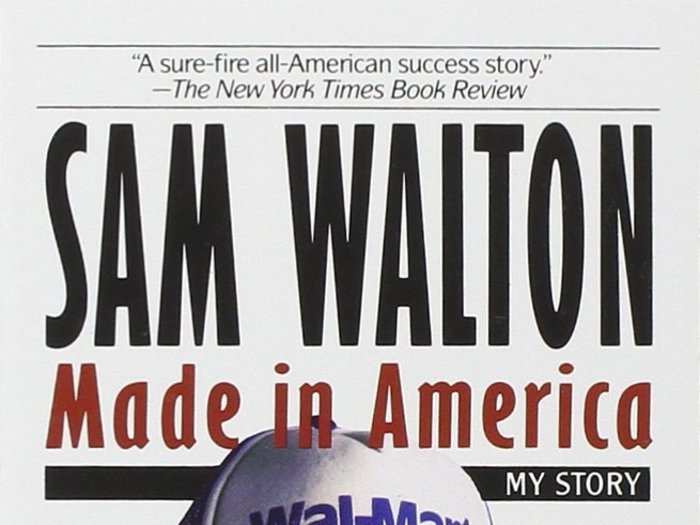
"In his autobiography, Walmart's founder expounds on the principles of discount retailing and discusses his core values of frugality and a bias for action — a willingness to try a lot of things and make many mistakes. Bezos included both in Amazon's corporate values," Stone writes.
'Memos from the Chairman' by Alan Greenberg
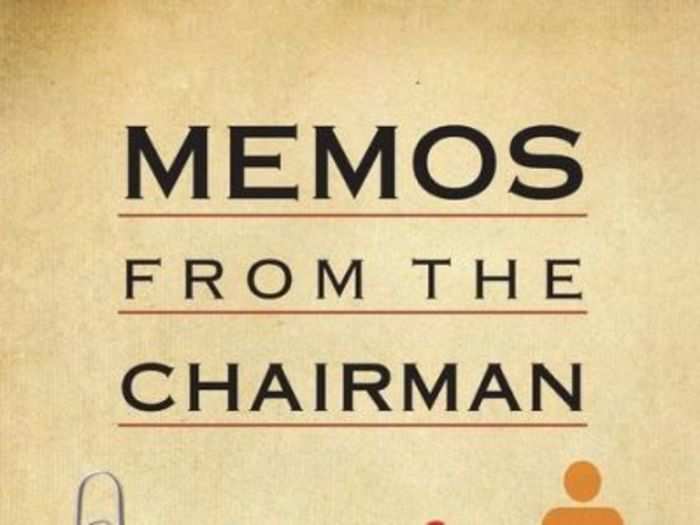
"A collection of memos to employees by the chairman of the now defunct investment bank Bear Stearns. In his memos, Greenberg is constantly restating the bank's core values, especially modesty and frugality. His repetition of wisdom from a fictional philosopher presages Amazon's annual recycling of its original 1997 letter to shareholders," Stone writes.
'The Mythical Man-Month' by Frederick P. Brooks, Jr.
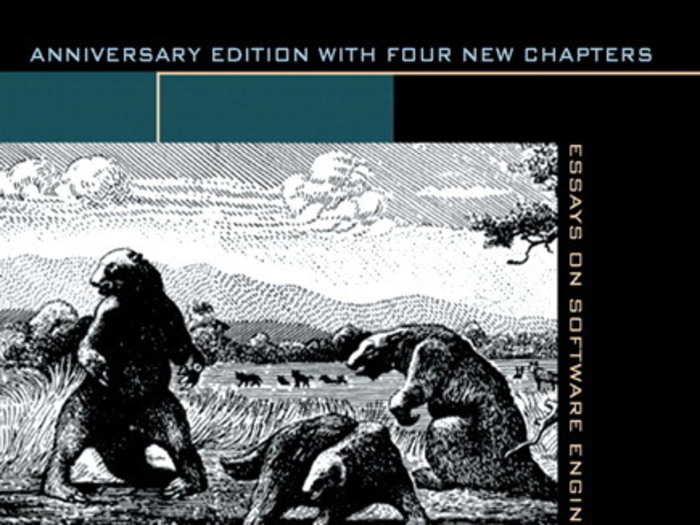
"An influential computer scientist makes the counterintuitive argument that small groups of engineers are more effective than larger ones at handling complex software projects. The book lays out the theory behind Amazon's two pizza teams," Stone writes.
'Built to Last: Successful Habits of Visionary Companies' by Jim Collins
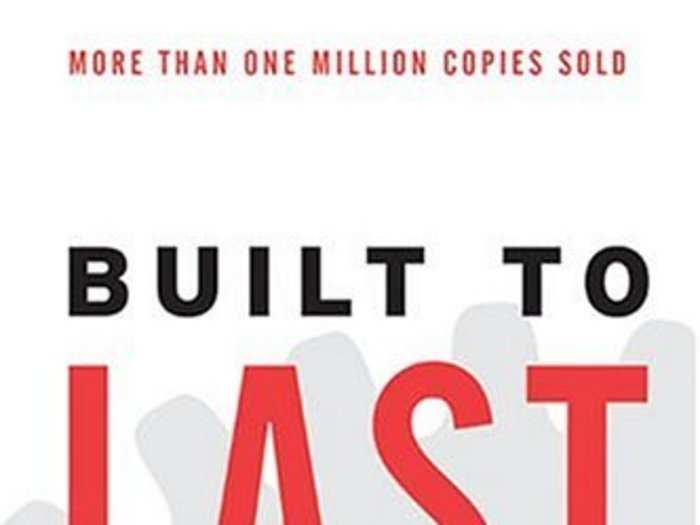
"The famous management book about why certain companies succeed over time. A core ideology guides these firms, and only those employees who embrace the central mission flourish; others are 'expunged like a virus' from the companies," Stone writes.
'Good to Great: Why Some Companies Make the Leap… and Others Don't' by Jim Collins
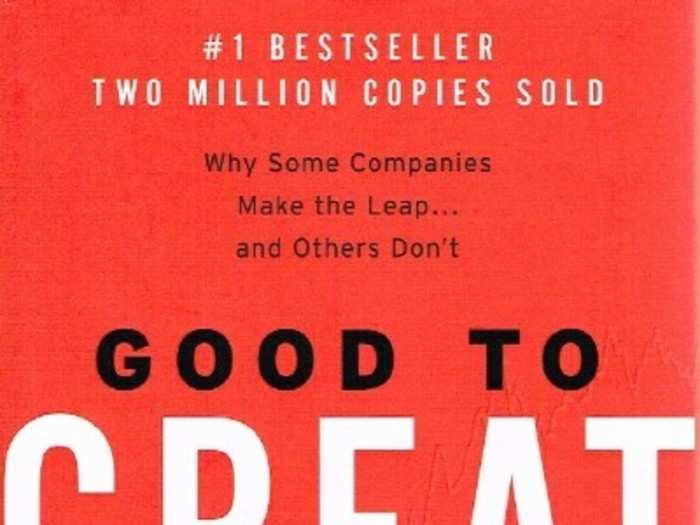
"Collins briefed Amazon executives on his seminal management book before its publication. Companies must confront the brutal facts of their business, find out what they are uniquely good at, and master their fly wheel, in which each part of the business reinforces and accelerates the other parts," Stone writes.
'Creation: Life and How to Make It' by Steve Grand
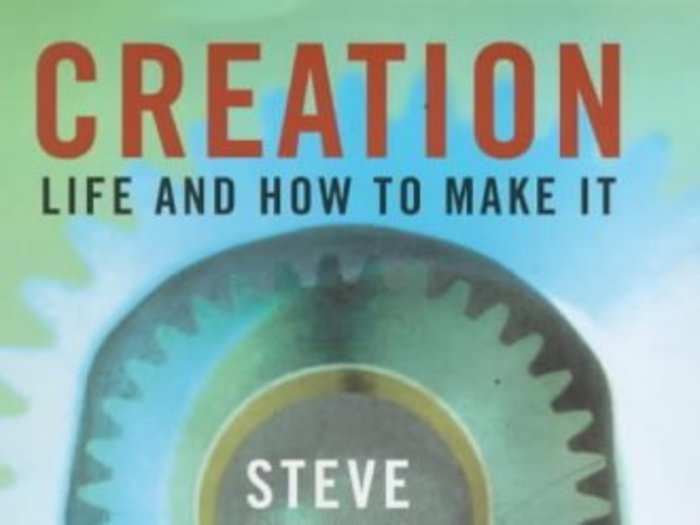
"A video-game designer argues that intelligent systems can be created from the bottom up if one devises a set of primitive building blocks. The book was influential in the creation of Amazon Web Services, or AWS, the service that popularized the notion of the cloud," Stone writes
'The Innovator's Dilemma' by Clayton Christensen
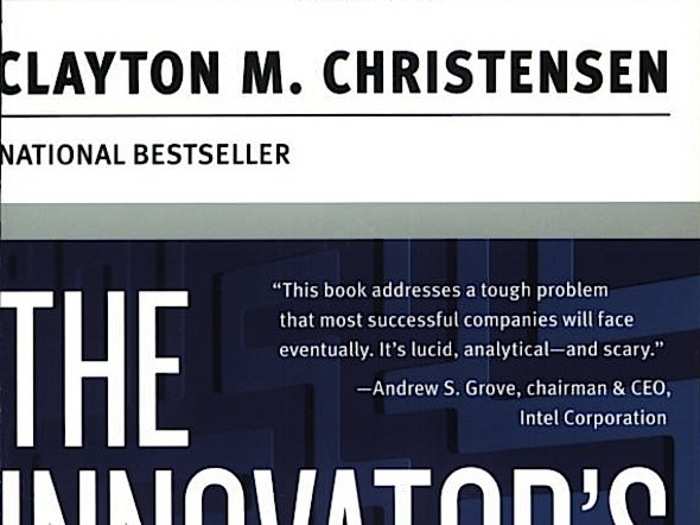
"An enormously influential business book whose principles Amazon acted on and that facilitated the creation of the Kindle and AWS. Some companies are reluctant to embrace disruptive technology because it might alienate customers and undermine their core business, but Christensen argues that ignoring potential disruption is even costlier," Stone writes.
'The Goal: A Process of Ongoing Improvement' by Eliyahu Goldratt
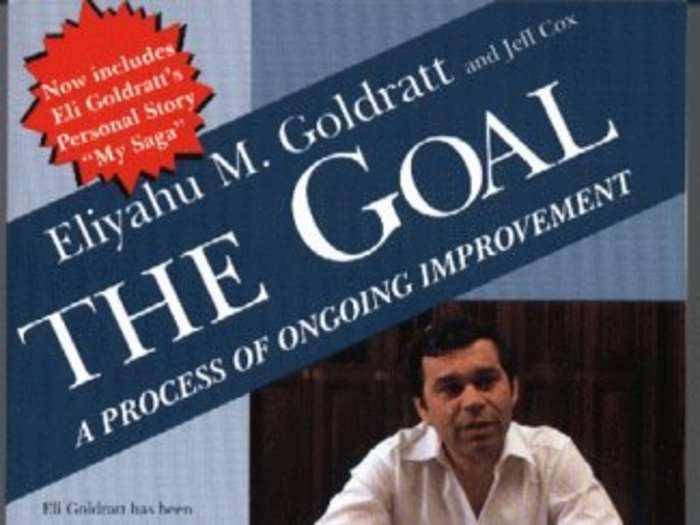
"An exposition of the science of manufacturing written in the guise of the novel, the book encourages companies to identify the biggest constraints in their operations and then structure their organizations to get the most out of those constraints. The Goal was a bible for Jeff Wilke and the team that fixed Amazon's fulfillment network," Stone writes.
'Lean Thinking: Banish Waste and Create Wealth in Your Corporation' by James Womack and Daniel Jones
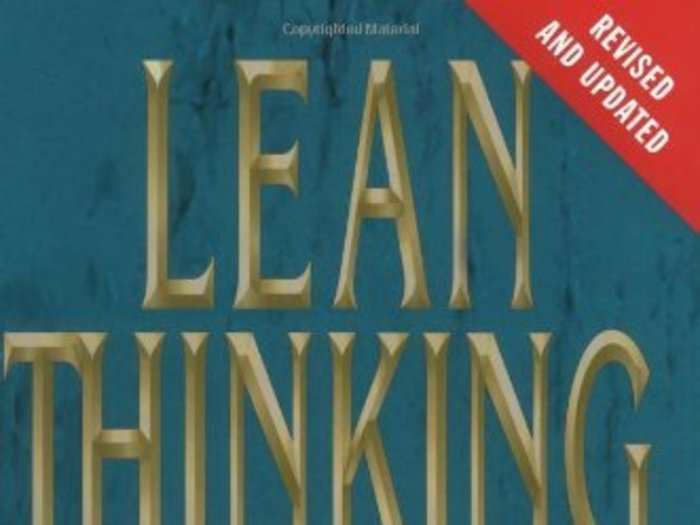
"The production philosophy pioneered by Toyota calls for a focus on those activities that create value for the customer and the systematic eradication of everything else," Stone writes.
'Data-Driven Marketing: The 15 Metrics Everyone in Marketing Should Know' by Mark Jeffery

"A guide to using data to measure everything from customer satisfaction to the effectiveness of marketing. Amazon employees must support all assertions with data, and if the data has a weakness, they must point it out or their colleagues will do it for them," Stone writes.
'The Black Swan' by Nassim Taleb
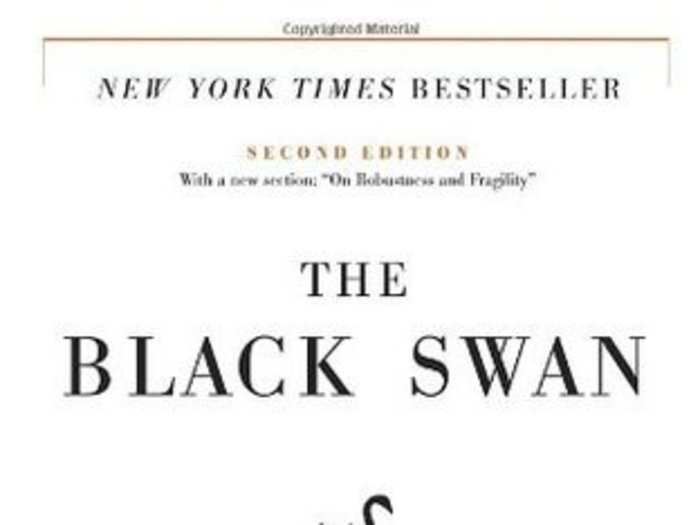
"The scholar argues that people are wired to see patterns in chaos while remaining blind to unpredictable events, with massive consequences. Experimentation and empiricism trumps the easy and obvious narrative," Stone writes.
Now, see the faves of another entrepreneurial great:
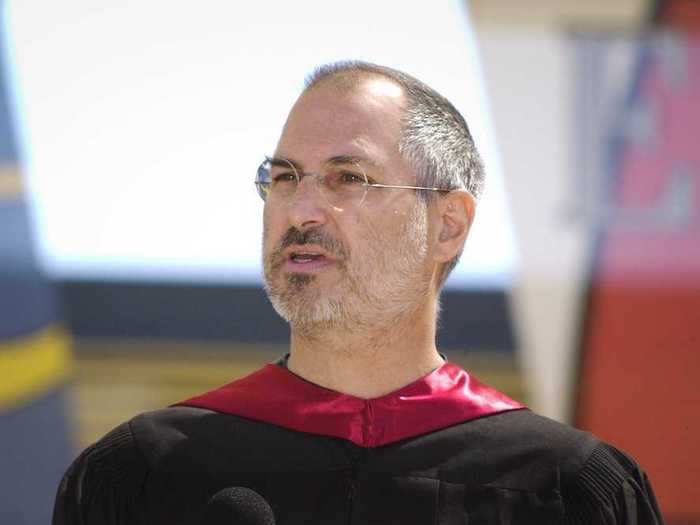
Popular Right Now
Advertisement